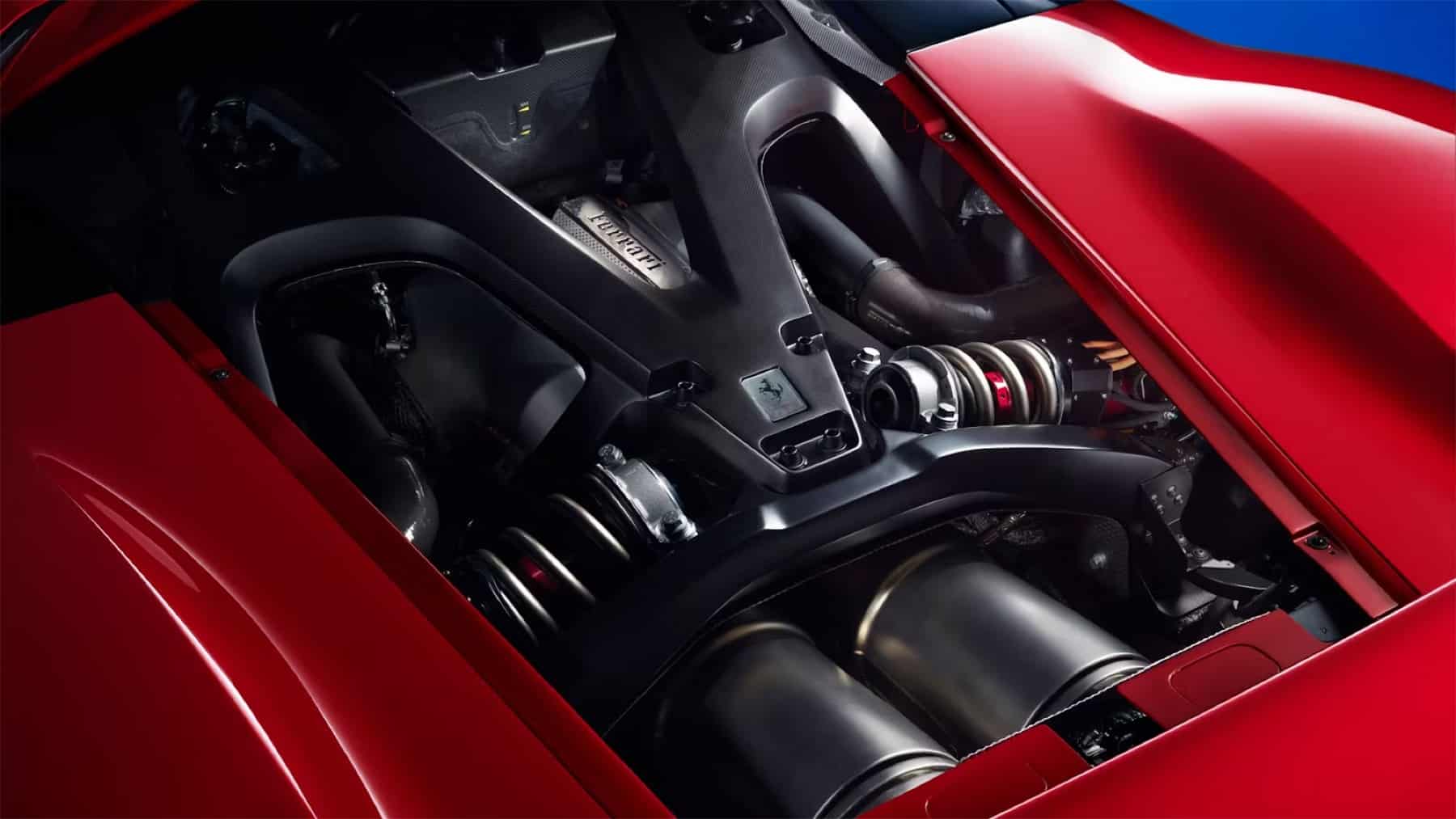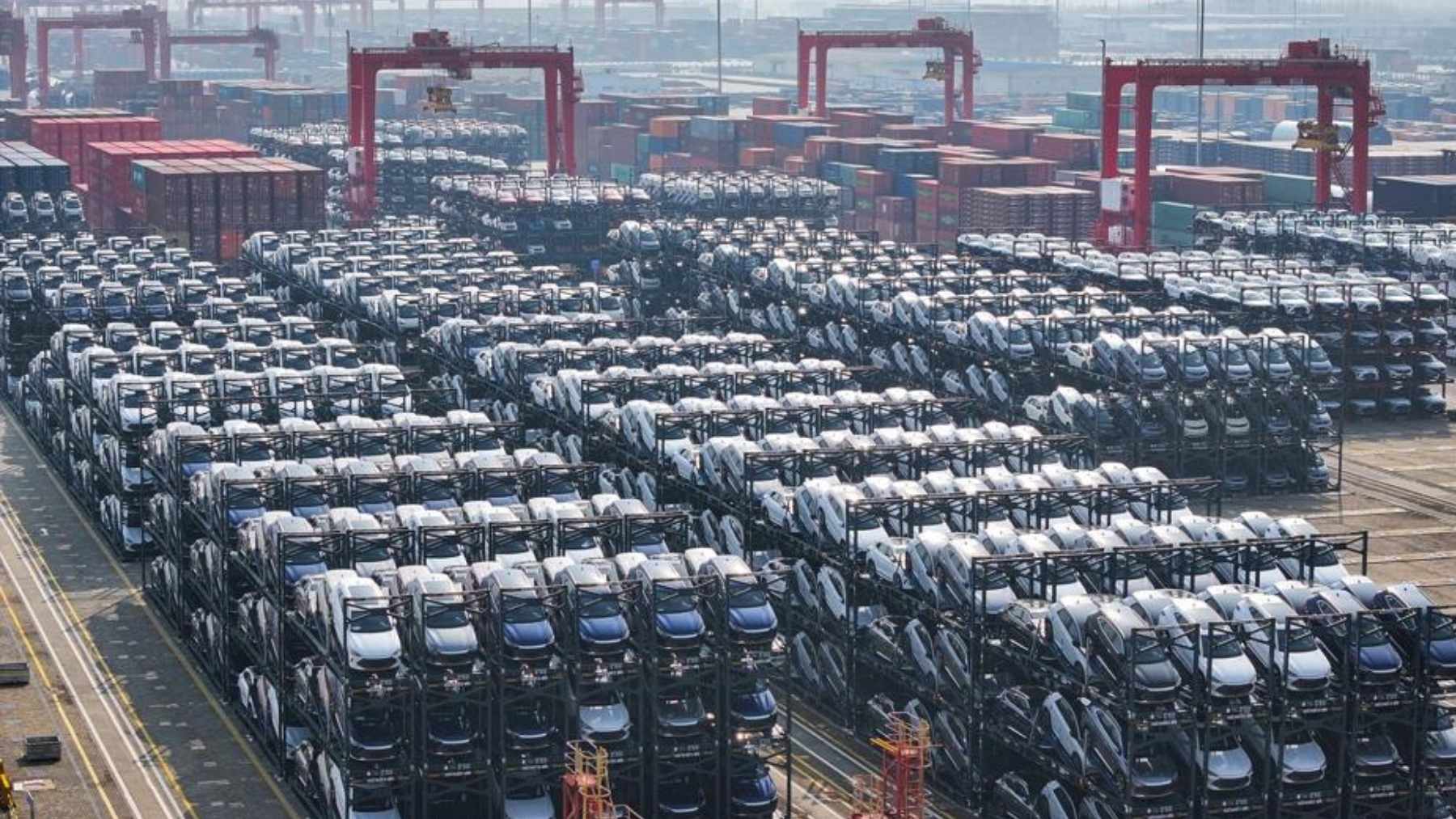Ferrari has consistently been an example of what the potential of automobile engineering on the racetrack looks like. Their blend of seamless and advanced designs with a legacy of motorsport has contributed towards their solidification as a timeless legend when it comes to the automobile, particularly hallmarked by their V12 engines. However, in keeping with the times, Ferrari is preparing to step into a new era of engine design in order to ensure that the automobile world continues to contribute towards a more sustainable climate.
The automobile world sets its sights on the electric engine
As the world continues to grapple with the current climate crisis, the transportation industry in particular has been hard-hit regarding their use of fossil fuels, which create harmful carbon emissions and contribute towards irreversible climate damage. As a response to this, the industry has looked towards alternative engine solutions to replace the internal combustion engine.
While innovators and engine developers have developed a variety of solutions, ranging from biofuel technology to hydrogen fuel-cell engines, the alternative engine that has come out on top is the electric engine. Plug-in hybrid electrical engines are the most popular engine designs in terms of alternative engine designs, and most major automobile companies now offer some form of electric vehicle model to remain competitive amidst a climate-conscious consumer base.
Ferrari exposes this new fuel for this year
While it may be hard to imagine a world where sports car legends like Ferrari embrace an engine design outside of the roaring internal combustion engine, sustainability demands have not fallen on deaf ears for developers at Ferrari. Ferrari currently offers a range of electric hybrid vehicle options for consumers, including the esteemed SF90 Spider, which produces a maximum power of 1,000 cv and promises a performance that is just as thrilling as Ferrari’s internal combustion engine counterparts.
However, in a recent announcement from the Italian company, the first fully electric Ferrari SUV is set to be unveiled on October, 9 of this year at their Capital Markets Day. Dubbed the ‘Elettrica’.
“The will to progress that has always characterized Ferrari has led to innovation in our infrastructure, with the inauguration of the e-building,” describes Ferrari CEO Benedetto Vigna regarding Ferrari’s embracement of electrification.
Little else is known about the upcoming model, meaning Ferrari enthusiasts will have to wait for the October reveal for specifications of the new vehicle.
Is a world of full electrification of automobiles possible?
With the world of motorsport and luxury sports vehicles now moving towards electrification, it begs the question of whether it really is possible to see a world without the internal combustion engine. Given the current reality, where the overwhelming vast majority of global vehicle sales remain, it does seem like something of an overly ambitious task.
The biggest challenge with regards to full electrification is not the technology itself, which has continued to make massive advancements in the last decade, but is rather regarding the the problem of infrastructure development. Without widespread supporting charging infrastructure to support electrical vehicles, consumers are not going to feel convinced to embrace the technology.
Additionally, electric vehicles remain at the top-tier end of pricing. For the average consumer, these vehicles are considered luxury vehicles (as seen by the falling global sales numbers of electric vehicle units), and automobile manufacturers will need to offer the technology at more entry-level prices to appeal to the masses. However, there are beacons of inspiration around the world for a future that is fully electric, including recent news from Norway, where the country is well on its way to being rid of the internal combustion engine forever.
Disclaimer: Our coverage of events affecting companies is purely informative and descriptive. Under no circumstances does it seek to promote an opinion or create a trend, nor can it be taken as investment advice or a recommendation of any kind.














